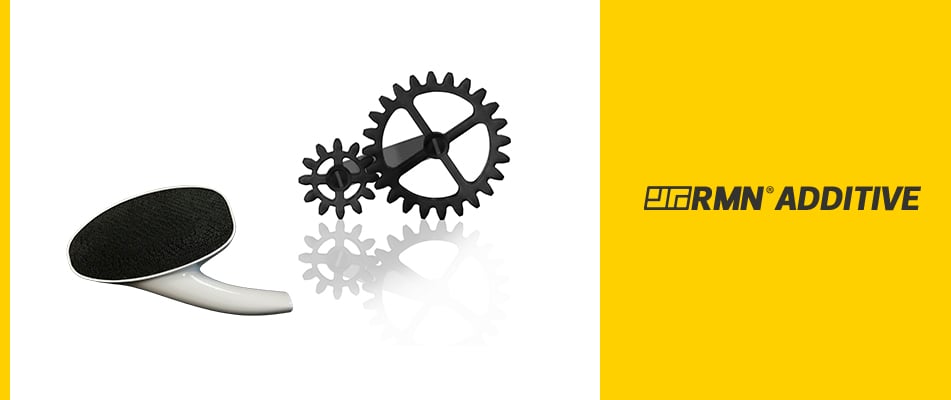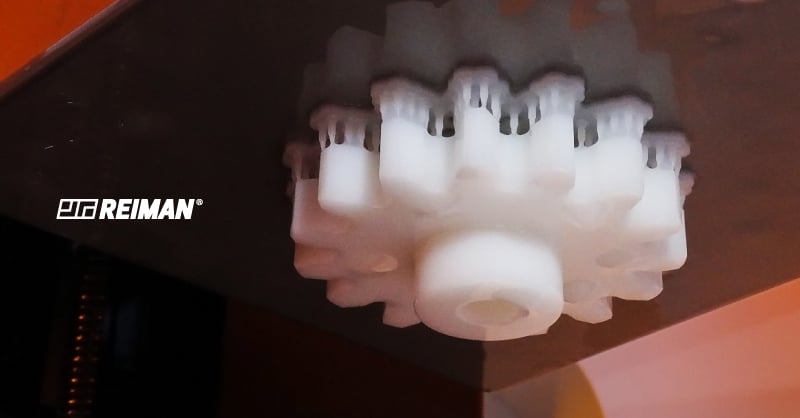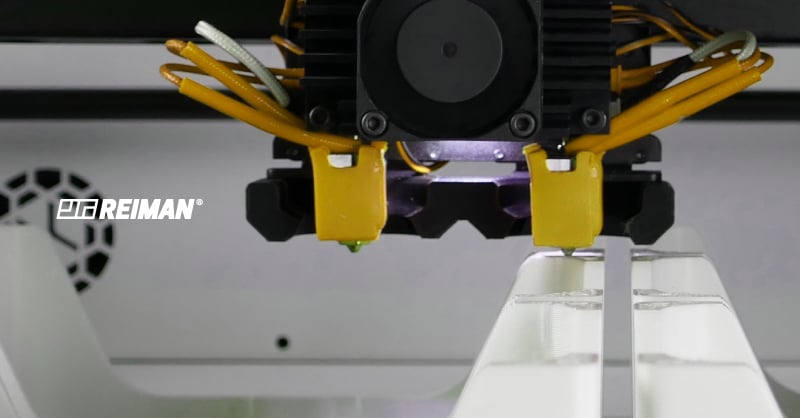5 most common methods of post-processing in the manufacture of parts

Additive manufacturing - 3D printing - is a very current and useful technique that involves detailed processes. The parts that are manufactured through 3D printing require some special post-production treatment. This treatment includes several techniques aimed at improving, perfecting, and finishing the parts and may vary according to the process to which the parts were submitted.
In some cases, the processes are identical as there are certain types of proceedings that are general, such as cleaning the parts, however, as there are different types of processes it is important to specify which post-production methods are associated with each so that there are no errors.
As such, we have gathered the 5 most common types of post-processing methods associated to the two main types of Additive Manufacturing processes:
Post processing of printed parts through SLA
If you do not know this process, be aware that it consists of printing 3D parts through photochemical processes made with polymer resin. As such, it requires the following procedures:
1. Cleaning in IPA
As this process involves resin for the creation of the pieces, many times there are parts of resin left that were not partially cured during printing. As such, to remove all this resin is done cleaning in IPA (isopropyl alcohol). The objective is to remove all the existing liquid resin so as not to make the piece sticky.
2. Heat Treatment
After cleaning in IPA, the pieces are cured in an oven by ultraviolet rays and heat.
3. Removal of supports
Some parts need supports to be printed. These same supports are printed on the same material as the parts and removed after printing with the help of pliers. The supports are generated by software that calculates exactly where they are placed and on which parts of the part they touch.
4. Sanding
Sanding is optional, however, it is very important in ensuring a lower surface roughness.
5. Painting
The painting process varies according to the piece in question.
Post processing of printed parts throug FDM
In FDM the production of the parts is done through an extrusion process where the object is built depositing the melted material layer by layer. The materials used are thermoplastic filaments. The same requires the following procedures after the production of the parts:
1. Removal of supports
As in the SLA, in the FDM some parts also need supports to be printed. Usually, these same supports are printed on the same material as the parts and removed after printing with the help of pliers. However, there is also the possibility of printing the parts with soluble supports. Once again, the supports are generated by software that calculates exactly where they are placed.
2. Hot Air Gun
The hot air gun is used to remove the stringing - very small wires of material that are deposited on the part when there is a movement of the extruder.
3. Sanding
As with the SLA, sanding is optional, however, it is very important in ensuring a lower surface roughness.
4. Painting
The painting process varies according to the piece in question.
5. Placing of screwed inserts
This process happens when it is necessary to make parts that can be dismantled or to ensure the union of parts with large volume.
For more information, please contact Reiman's specialized team.



